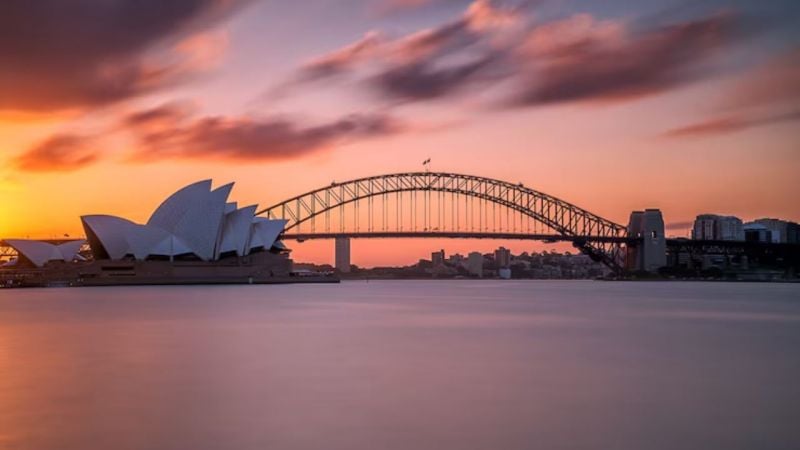
In the ever-increasing digital age, we are raising internet children who are tech-savvy, but not tech-safe. In the world of social media, this concern has increased manifold. As the world debates its benefits, the Australian government has taken a commendable step by proposing to ban social media for people under 16.
This change under responsibility
For the first time, social media platforms have been held accountable and appropriate measures have been taken to prevent access to them. This change is justified as part of accountability, as technology companies are responsible for children’s safe online environments, they have so far shirked their responsibility.
Encourages children to engage with the world
The list of benefits of less use of social media is long, which cannot be ignored for the well-being of future generations. It enhances mental well-being by reducing anxiety and depression, which can be induced by feelings of inadequacy, cyberbullying and the tendency to compare on social media platforms. Self-esteem is enhanced by protecting children from constant comparison with well-crafted profiles, which encourages children to engage in the real world.
Banning social media is tantamount to removing barriers that increase focus and concentration. This improves time management, productivity and academic performance. By engaging in offline activities, there is a natural increase in imagination and creativity to pursue hobbies. Frequent contact with the real world improves communication skills and also increases self-confidence.
Some research has shown that staying away from social media promotes thinking about online information and increases the ability to distinguish between fact and fiction. This also increases digital literacy and makes individuals aware of the potential threats of social media to online privacy.
children need to be encouraged
But a clear guide should be prepared to provide information about using social media without risk. They can be introduced to apps like Quick Month, Duolingo, Splash Learn, Epic, ClassDojo, and Science 360 designed specifically for kids. Along with this, there is a need to encourage children for outdoor activities and sports. So that they can create and maintain balance by being aware of the positive alternatives of social media.
Procedures such as banning social media for people under 16 years of age
In a large, diverse country like India, there are many concerns about whether measures like banning smart phone use in schools or banning social media for children under 16 will work. To protect the youth we need to start somewhere, take proactive steps like proof of birth certificate, or verification of certificates from school or parents for social media use at an early stage. Initiatives like Australia’s can yield positive results for adolescents in India too.
According to the DTDT 2023 Act of India (Digital Personal Data Protection), if a minor (under 18 years of age) wants to open a social media account, the consent of his/her parent or legal guardian of the child must be obtained. Whereas according to American law COPPA (Children’s Online Privacy Protection Act), a minor above 13 years of age can open a social media account. But currently due to lack of proper verification, children as young as 10 years or 11 years are found on social media based on fake age information.
Use of digital platforms is beneficial for learning
Social media is an essential medium for business, commerce, messaging and information exchange. It can be beneficial for children to learn how to use digital platforms. However, it has more negative effects than positive on youth. Covers loopholes including easy bypassing of child age verification factors. This step by the Australian Government will be important in creating a healthy childhood with mental well-being. Remember, experience and vigilance can make our children cyber safe.
 look news india
look news india